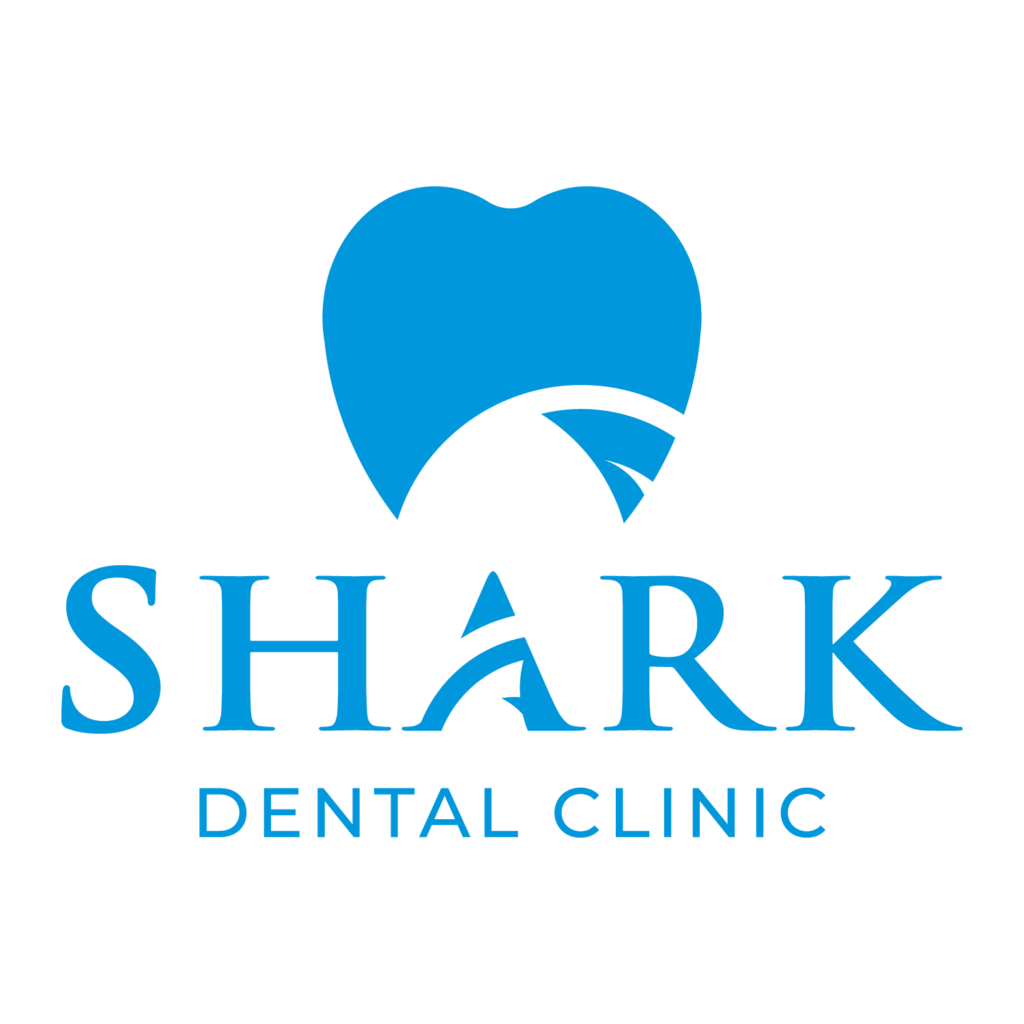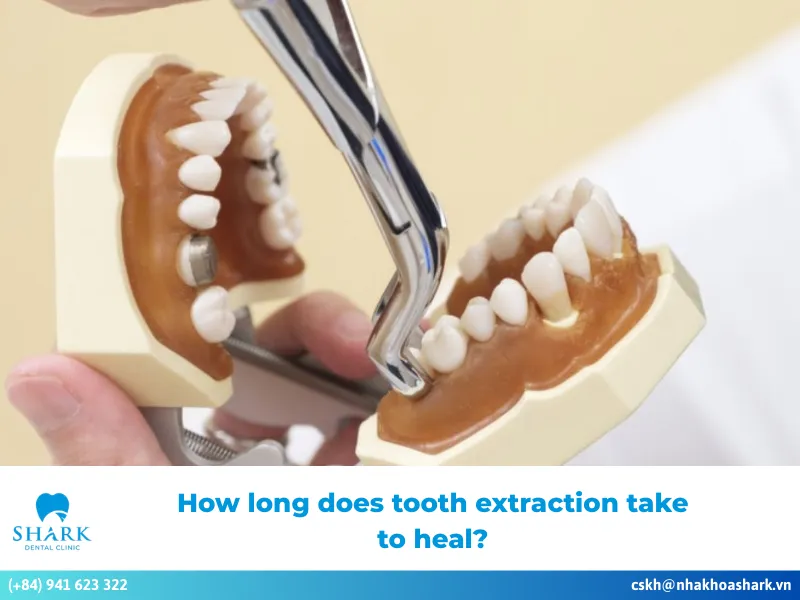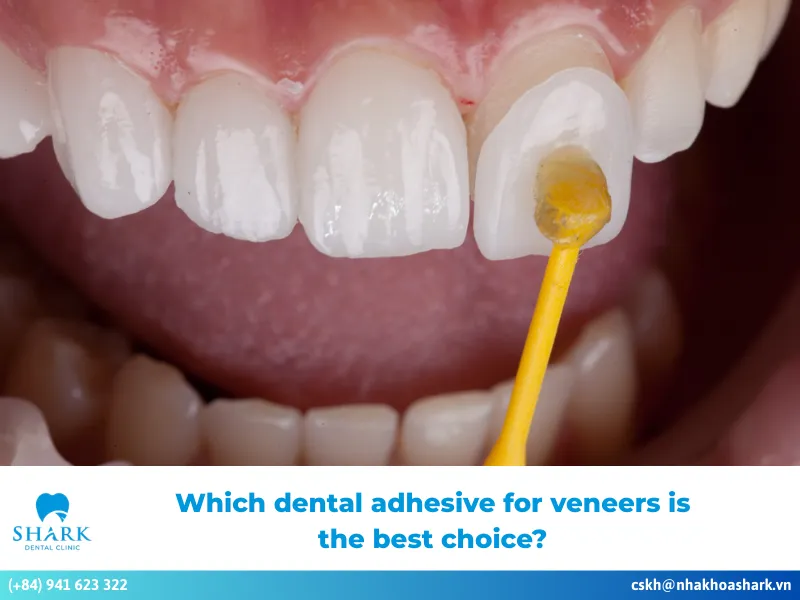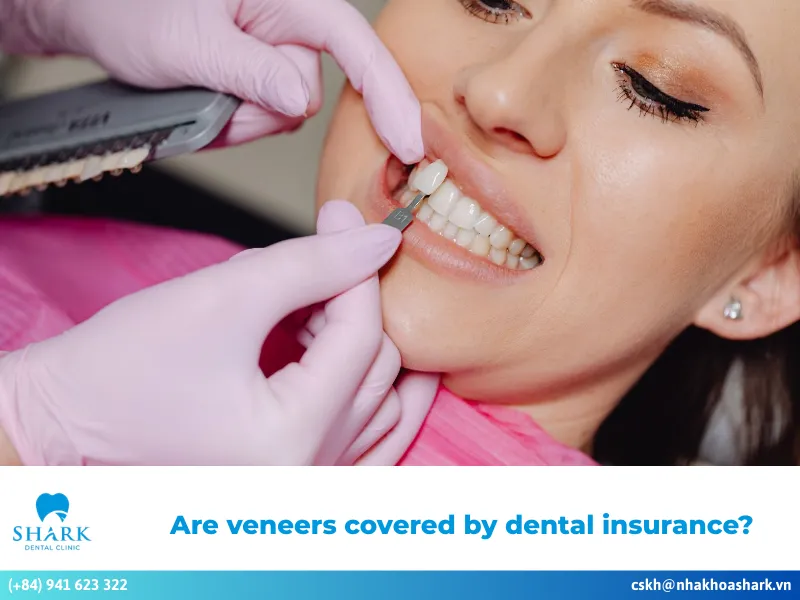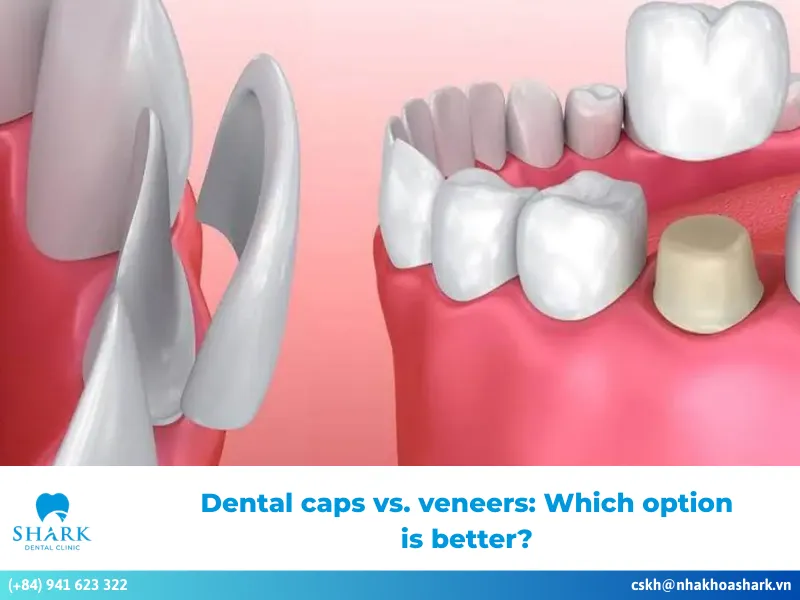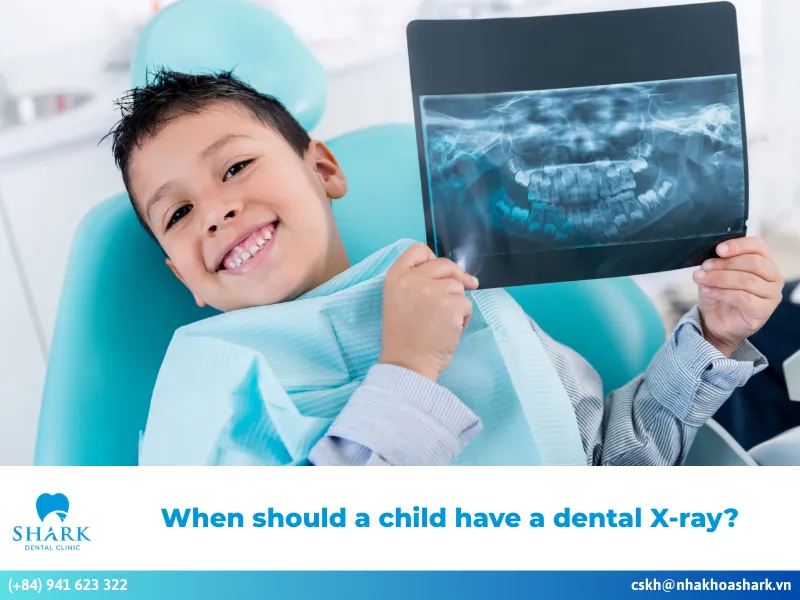Dietary choices during orthodontic treatment, including the common question, can you drink soda with braces, are an important topic that deserves attention. In this article, we will explain whether drinking soda with braces is advisable. Keep reading to find out the answer!
Can you drink soda with braces?
Dentists recommend that individuals with braces limit or avoid drinking soda during orthodontic treatment. Soda is high in sugar, which can significantly increase the risk of tooth decay and infections in the mouth. The common question, “Can you drink soda with braces?” is often met with a strong recommendation to limit consumption.
Additionally, soda lingers in the oral environment for an extended period, providing an ideal food source for bacteria to thrive, ultimately leading to oral health issues. If oral health problems arise, the effectiveness of orthodontic treatment may be compromised, and in severe cases, patients might need to have their braces removed and undergo dental restorative procedures from the beginning. Therefore, it’s crucial for people with braces to limit their soda consumption.
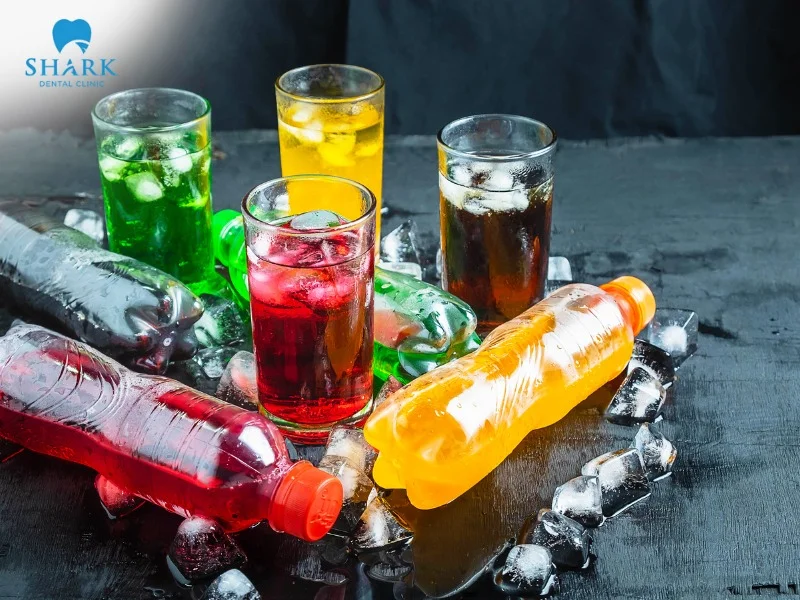
>>> See more: Can you eat ice cream with braces?
Risks of drinking soft drinks while wearing braces
Regularly consuming soda while wearing braces can lead to numerous serious consequences for oral health, including:
- Tooth decay: Soda contains high levels of sugar and acid, which create a conducive environment for cavity-causing bacteria to flourish. Moreover, sugar can easily accumulate as plaque on the tooth surface and around brackets, leading to tooth sensitivity, pain, and discomfort.
- Gum inflammation: Excessive soda consumption can increase the sensitivity of the soft tissues in the mouth. As bacteria multiply rapidly, they can damage the gums, resulting in inflammation, swelling, redness, and pain.
- Enamel erosion: The acid in soda can erode tooth enamel if it remains in the mouth without thorough cleaning. Once the enamel is worn down, individuals may experience tooth sensitivity and pain, particularly while eating or talking.
- Tooth discoloration: Many sodas contain artificial coloring agents that can lead to yellowing and staining of the teeth. These colorants can also stick to archwires and brackets, further affecting the effectiveness of orthodontic treatment.
- Interruptions in orthodontic treatment: If consuming soda leads to tooth decay or gum disease, these issues must be addressed before continuing with orthodontic treatment. In some cases, braces may need to be removed for retreatment, which results in higher costs and wasted time.
In conclusion, individuals undergoing orthodontic treatment should limit their soda intake and carefully follow their dentist’s instructions for maintaining proper oral hygiene. Adhering to these recommendations will help to make the process of wearing braces smoother, more effective, and easier overall.
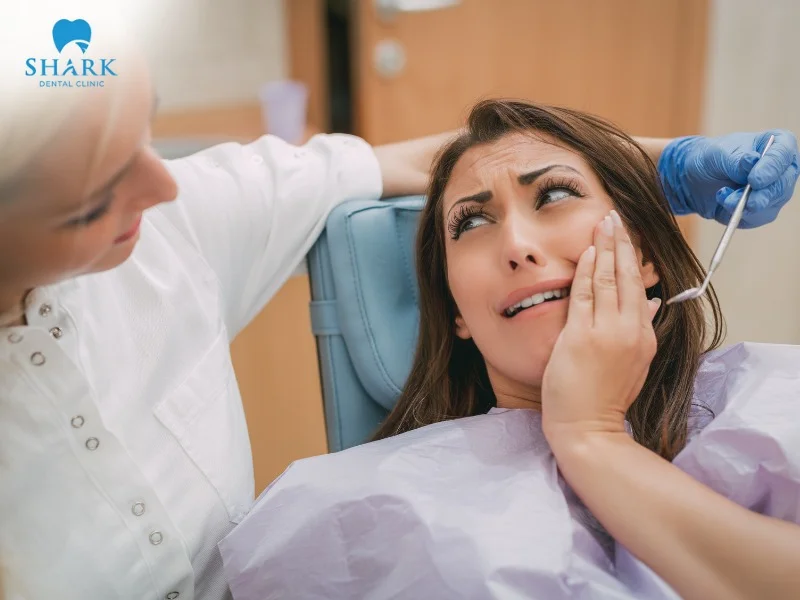
Are there any soft drinks that are safe to drink while wearing braces?
During orthodontic treatment, it’s essential to choose beverages that are safe for your teeth and braces. The best options are non-carbonated, low in sugar, and have beneficial ingredients for overall health. Here are some suitable beverages:
- Filtered water: This is the top choice for anyone with braces. Filtered water contains no additives or sugar, making it safe for daily consumption. It helps wash away food debris and excess plaque, promoting overall oral health.
- Unsweetened fresh milk: Fresh milk is rich in calcium, which supports oral health. Since unsweetened milk does not damage tooth enamel or increase the risk of cavities, it is a safe and nutritious option.
- Herbal tea: Mild herbal teas are a good choice for those undergoing orthodontic treatment. They are naturally sweet, rich in antioxidants, and possess anti-inflammatory properties that support oral health.
- Fruit juice: For those who enjoy sweeter drinks, fruit juice can be a good alternative. Juices made from fresh fruits like strawberries, bananas, avocados, and mangoes provide vitamins and nutrients that are beneficial for overall health.
- Nut milk: Nut-based milk, such as almond milk, soy milk, or chia seed milk, is another excellent choice for individuals with braces. These milks contain essential nutrients that strengthen enamel and are tasty options for daily consumption.
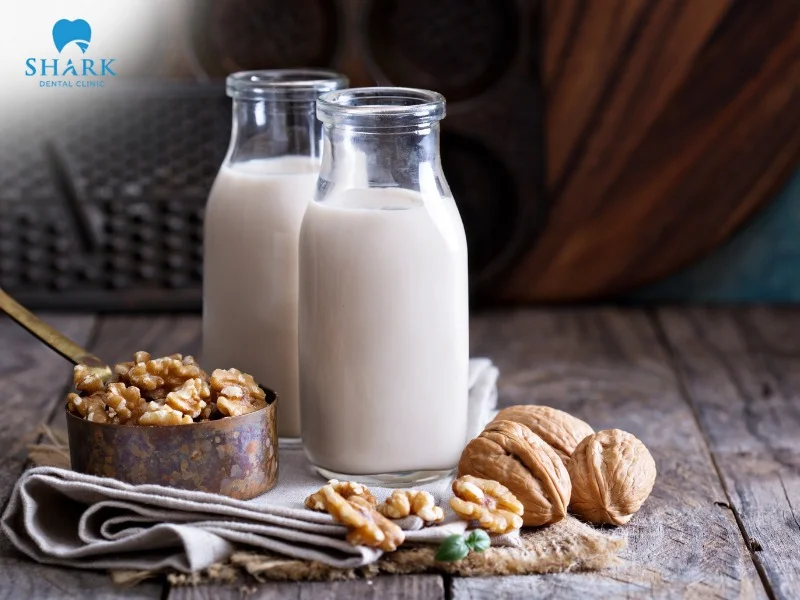
By opting for these alternatives to carbonated soft drinks, individuals with braces can satisfy their beverage cravings while ensuring the effectiveness of their orthodontic treatment and maintaining good health.
>>> See more: Can you eat takis with braces?
How to clean braces after drinking soda?
While you may occasionally drink soda in small amounts during orthodontic treatment, it should not be a regular part of your diet. Similar to when you choose to eat chocolate with braces, it is essential to maintain thorough oral hygiene according to your dentist’s instructions to prevent sugar from lingering on your brackets. After consuming these treats, follow these steps:
- Rinse immediately after drinking: Right after consuming soda, rinse your mouth with a specialized antibacterial mouthwash. This step helps remove acids, sugars, and colorants left in your mouth, reducing the risk of tooth decay and supporting effective orthodontic results.
- Brush 30 minutes later: Wait about 30 minutes after drinking soda before brushing your teeth. This waiting period allows the acids in the soda to neutralize, as brushing too soon can damage weakened enamel.
- Brush thoroughly: Use a soft-bristled toothbrush, along with an electric toothbrush or interdental brush. The best toothbrush for braces is often one with soft bristles and a compact head, making it easier to maneuver around the brackets. Gently brush all surfaces of your teeth, being careful not to loosen brackets or break wires.
- Rinse with salt water: Rinsing with warm salt water has antibacterial properties that can help eliminate harmful bacteria and reduce the risk of cavities. It’s a good practice for patients with braces to rinse with salt water daily, particularly after drinking soda.
- Use fluoride toothpaste: Unlike those without braces, patients with braces should use fluoride toothpaste. Fluoride helps remineralize enamel, strengthens tooth structure, and supports overall oral health.
- Attend regular dental checkups: To protect your oral health during orthodontic treatment, adhere to regular dental appointments every 3-6 months. These visits allow your dentist to monitor tooth movement, offer specific oral care advice, and promptly address any issues.

Proper oral hygiene after drinking soda is crucial for protecting your oral health, minimizing complications, and ensuring the effectiveness of your orthodontic treatment. Therefore, it is important to carefully follow these oral care guidelines as instructed by your dental specialists.
This information addresses the question, Can you drink soda with braces and the potential risks associated with careless consumption. Hopefully, these insights help you adopt better dietary and lifestyle habits, contributing to a successful orthodontic experience and a strong, confident smile.
>>> See more: Can you eat apples with braces?


